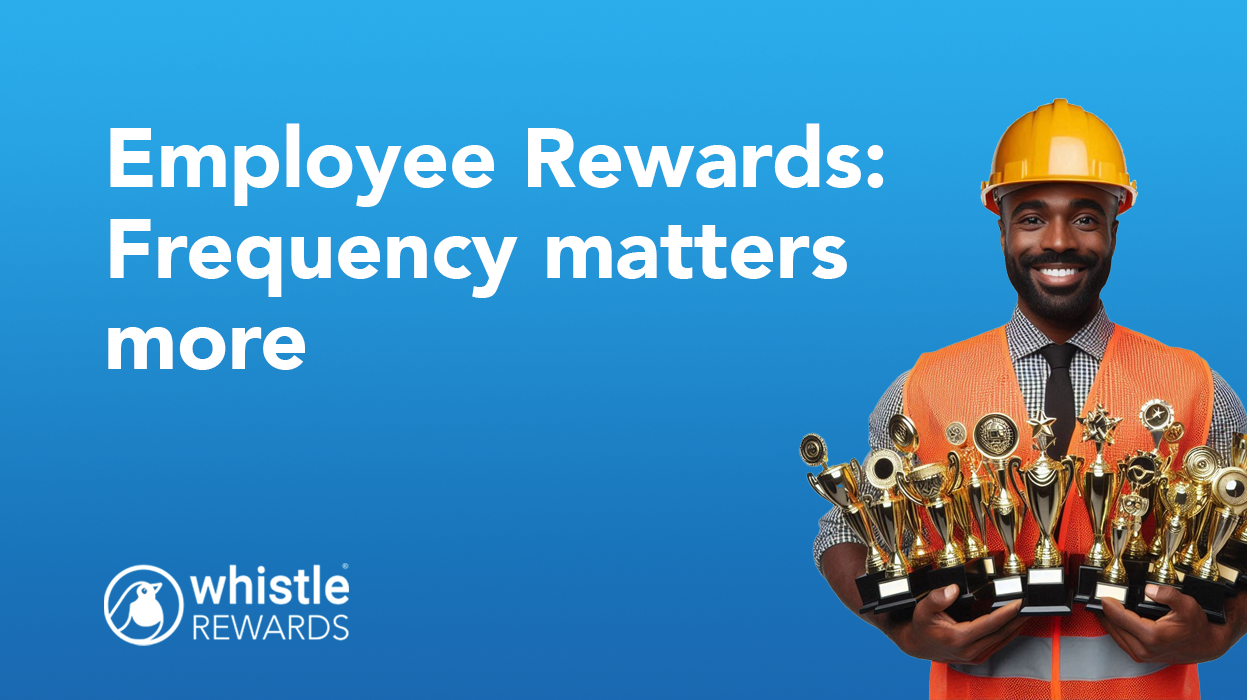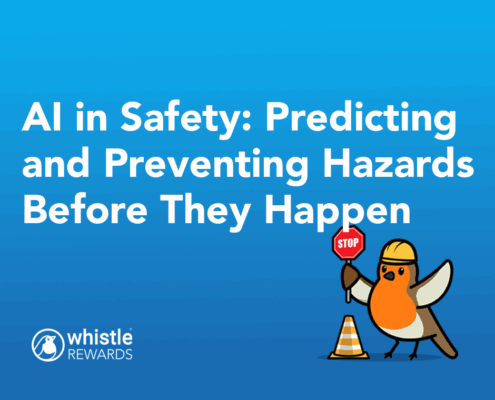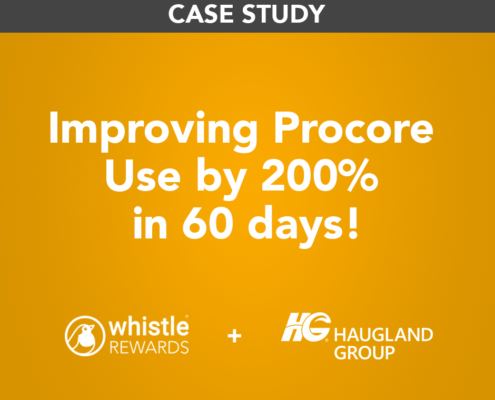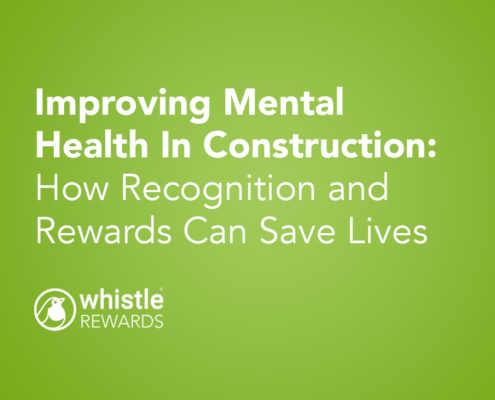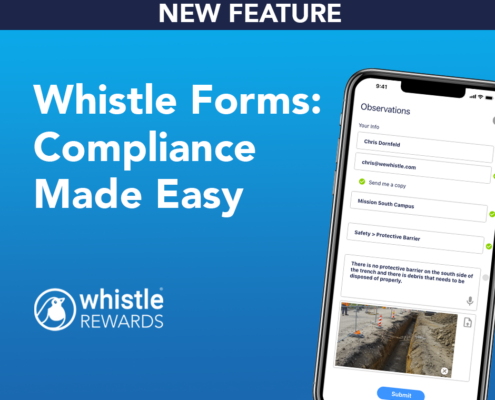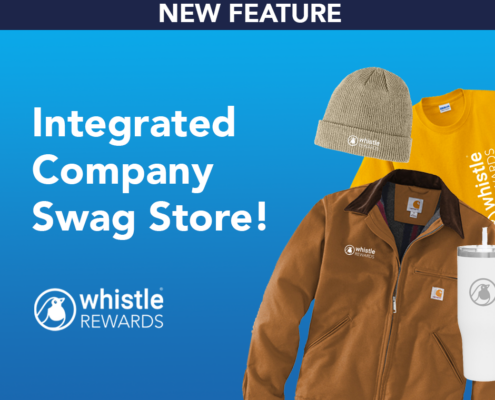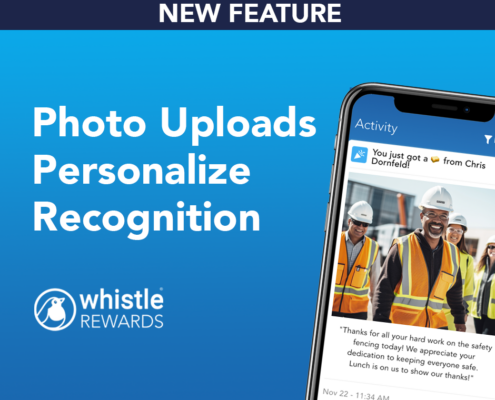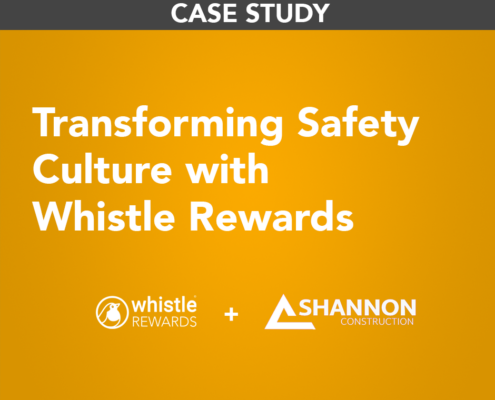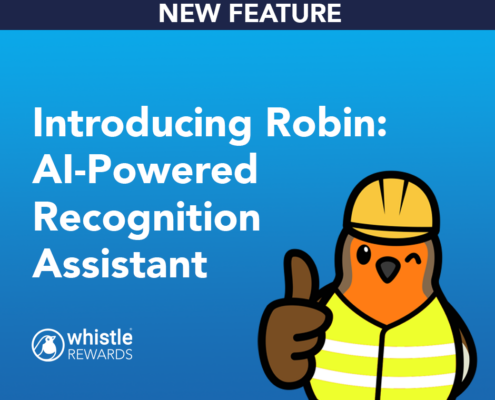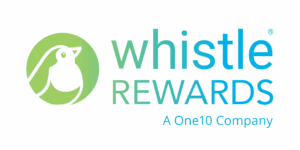Employee Rewards: Frequency matters more
Which is more effective at employee engagement and retention: $25 once a month or 3, $5 recognitions per month? The surprising answer is 3, $5 recognitions. Recognitions are not compensation. They are appreciations.
In many industries where projects are fast-paced, labor-intensive, and often high-stakes, maintaining a motivated and engaged workforce is critical to success. Traditionally, companies have relied on large, infrequent rewards—such as annual bonuses or quarterly recognition ceremonies—to show appreciation for their employees. However, frequent, lower-value rewards are more effective in driving sustained engagement and improving overall performance.
A recent study highlights the advantages of frequent, smaller rewards in fostering employee motivation. This research is particularly relevant when the nature of the work demands consistent effort, attention to detail, and teamwork. When workers receive regular recognition for their contributions, it creates a positive reinforcement loop, encouraging them to maintain high standards of quality and safety.
 Daily tasks can be physically demanding and often repetitive. Immediate and consistent recognition plays a crucial role in keeping morale high. Whether it’s acknowledging a worker’s adherence to safety protocols, celebrating the completion of a challenging task, or simply recognizing consistent hard work, these frequent rewards help reinforce positive behavior and sustain motivation over the long term.
Daily tasks can be physically demanding and often repetitive. Immediate and consistent recognition plays a crucial role in keeping morale high. Whether it’s acknowledging a worker’s adherence to safety protocols, celebrating the completion of a challenging task, or simply recognizing consistent hard work, these frequent rewards help reinforce positive behavior and sustain motivation over the long term.
When companies wait to recognize staff they lose 5% of the “reinforcement impact” for each day of delay. If an employee gets a reward two weeks after doing something amazing, it costs twice as much to get the same impact versus an immediate recognition. Read more on our post about the importance of timing here.
Frequent rewards also offer practical benefits that are particularly suited to staff working in the field. They ensure that recognition is distributed across the entire workforce, from project managers to workers, fostering an inclusive culture where everyone’s contributions are valued. They enhance teamwork, a cornerstone of successful companies. When workers feel appreciated on a regular basis, they are more likely to collaborate effectively and go the extra mile to ensure success.
Research from the Incentive Research Foundation (IRF) also supports the concept that smaller, more frequent rewards are more effective at maintaining employee motivation over time. In an industry where teams often rotate between projects and work in various locations, frequent recognition can also help maintain a sense of connection and belonging. Cash rewards on a company-branded Visa card can resonate deeply with workers, showing that the company appreciates their hard work and understands their needs. Researcher noted “no other incentive or motivational technique comes even close to money with respect to its instrumental value”. Giving out cash rewards allows each person to use the reward in a way that works for that person: gassing up the truck, getting some quick fast food or grabbing breakfast for the kids. 88% of employees want cash rewards.
Whistle Rewards is uniquely positioned to help companies implement an effective rewards and recognition strategy that drives engagement, performance and safety. Our platform is designed to make it easy for companies to offer frequent, lower-value rewards with no transaction costs, ensuring that every dollar invested in recognition goes directly to the employee.
Whistle has eliminated “breakage.” This happens when a rewards partner steals unused funds on a gift card that a client has already paid for, taking it as additional profit. This often amounts to 20-40% wasted funds. With Whistle Rewards, all funds are either used by the employee or reclaimed by the client, ensuring that they provide maximum impact and truly motivate the workforce.
Frequent, lower-value rewards are not just a strategy—they are a proven way to enhance engagement and productivity. Whistle Rewards offers the tools and platform needed to implement this approach effectively, helping companies build stronger, more motivated teams and achieve greater success on every project.
Sources
- Kuvaas, B., Buch, R., Weibel, A., Dysvik, A., & Nerstad, C. G. L. (2017). Do You Get What You Pay For? Sales Incentives and Implications for Motivation and Changes in Working Smarter and Harder. *Journal of Organizational Behavior*, 38(5), 607-624. Available at [OsloMet Open Digital Archive](https://oda.oslomet.no/oda-xmlui/bitstream/handle/10642/5180/Kuvaas.%2BDo%2Byou.%2B2017.pdf?sequence=1&isAllowed=y).
- Incentive Research Foundation. (2020). The Psychology of Points. *IRF Research*. Available at [The IRF](https://theirf.org/research/the-psychology-of-points/2959/).
- Locke, Feren, McCaled, Shaw, & Denny, 1980, p. 379.
- Whistle Rewards Customer Survey 2024

